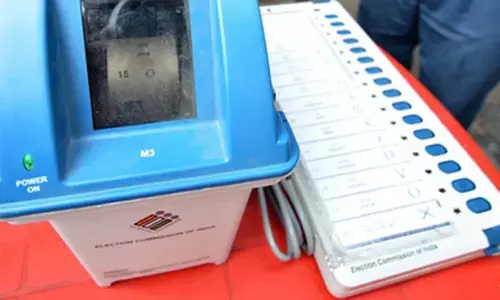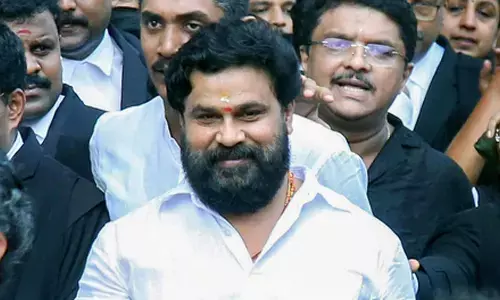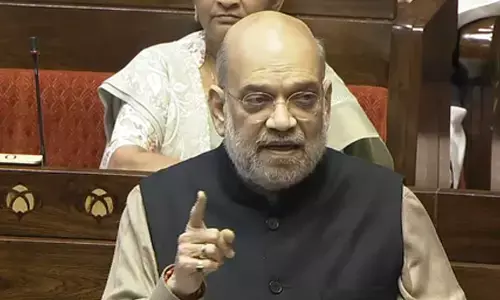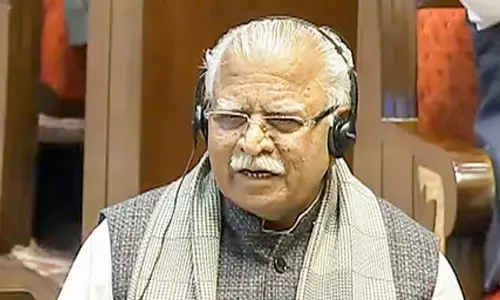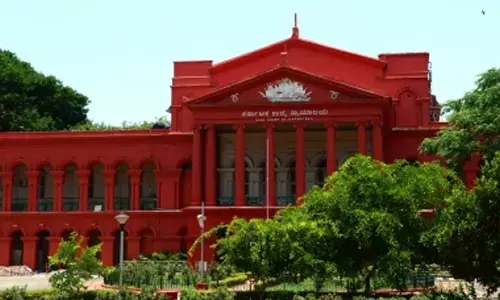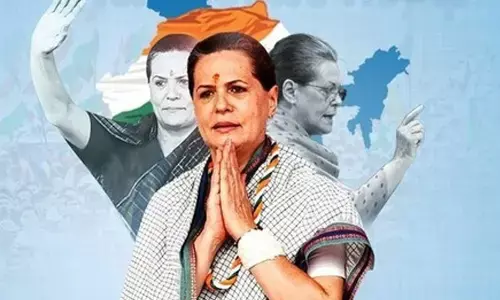Foreign Secretary Vijay Gokhale begins two-day visit to China
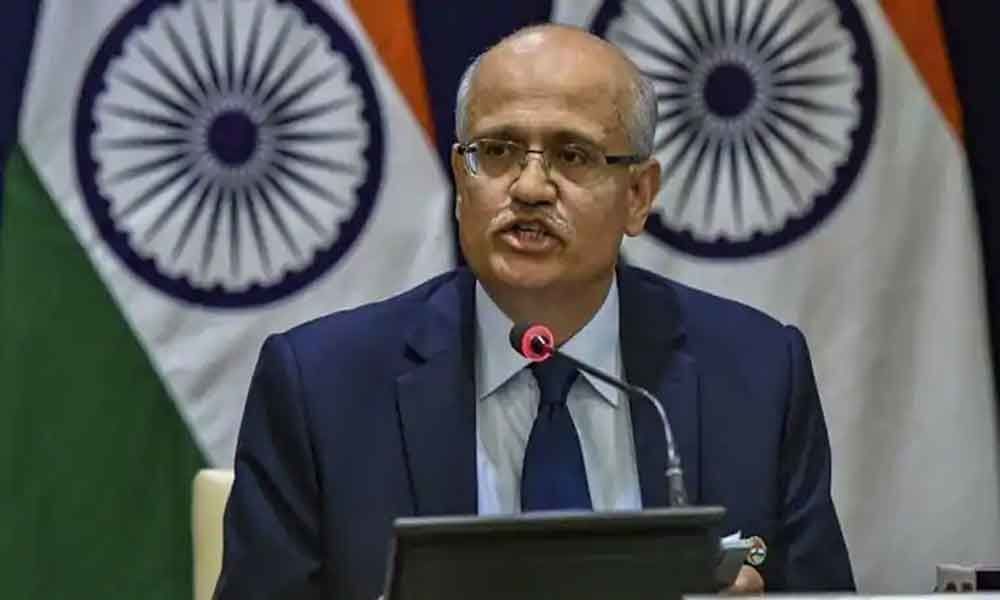
India-China relations gathered positive momentum after last year's informal summit at Wuhan between Prime Minister Narendra Modi and Chinese President Xi Jinping.
BEIJING: Foreign Secretary Vijay Gokhale arrived here on Sunday to hold talks on key issues concerning India-China relations with top Chinese officials and Foreign Minister Wang Yi as the two countries grapple with a host of issues, including Beijing's continuous attempts to block efforts to list Jaish-e-Mohammed's chief Masood Azhar as a "global terrorist".
Gokhale is scheduled to hold bilateral consultations with Chinese Vice Foreign Minister Kong Xuanyou on Monday and call on Wang, who is also the State Councillor, a high-level post in the hierarchy of the ruling Communist Party of China (CPC), official sources said.
India-China relations gathered positive momentum after last year's informal summit at Wuhan between Prime Minister Narendra Modi and Chinese President Xi Jinping.
However, China's move to block Pakistan-based Azhar's designation as a "global terrorist" following the February 14 Pulawama terror attack carried out by a Jaish-e-Mohammed (JeM) terrorist in which 40 CRPF personnel were killed, caused disappointment on the Indian side.
The US, the UK and France moved a proposal under the 1267 Al Qaeda Sanctions Committee of the UN Security Council (UNSC).
China stalled it for the fourth time by putting a technical hold on the resolution, a move India termed as disappointing.
The visit of Gokhale, who served as India's envoy to Beijing before his elevation as foreign secretary last year, also assumes significance as China holds its biggest international event, the Belt and Road Forum (BRF) to showcase its trillion-dollar Belt and Road Initiative (BRI) in which the USD 60 billion China-Pakistan Economic Corridor (CPEC) is a flagship project.
India has protested to China over the CPEC as it is being laid through Pakistan-occupied Kashmir (PoK).
India, like the first BRF held in 2017, will not be attending its second edition being held here from April 25-27.
Wang told media here on Friday that 37 heads of state government and representatives from 150 countries and international organisations confirmed their participation in the event.
Wang also said differences over the BRI would not come in the way of the development of India-China relations and China is preparing for a Wuhan-style summit meeting this year.
Asked if India's opposition to the BRI would undermine the new momentum generated by last year's informal summit between Prime Minister Narendra Modi and Chinese President Xi Jinping, Wang said the two leaders had a very successful meeting at Wuhan last year.
"Particularly they have established mutual trust between the leadership and they jointly planned for the future of improvement and strengthening of China-India relations.
"After the Wuhan summit, we see all areas or progress between the two countries and we have bright prospect for this relationship. We are now preparing for the next summit of our leaders," he said without specifying any time line.
He also urged India to reconsider its stand on the BRI economic project, saying it had nothing to do with sovereignty issues.
"One of our differences is how to look at the BRI. The Indian side has their concerns. We understand that and that is why we have stated clearly on many occasions that the BRI including the CPEC is only an economic initiative and it does not target any third country and has nothing to do with the sovereign and territorial disputes left from history between any two countries," he said.








